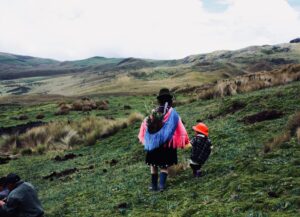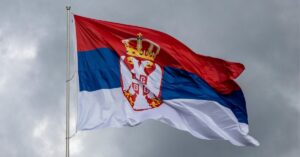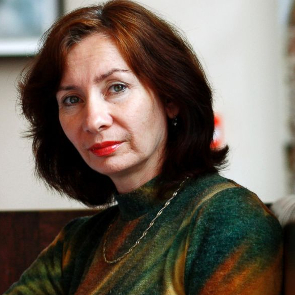Last week I launched the campaign “Diversity in Adversity” with Polish Human Rights Defender (HRD) Bart Staszewski. Bart’s case is well-known, and is emblematic of the risks that SOGI HRDs face everywhere.
I have also met with other Polish human rights defenders who combat discrimination and violence on the basis of sexual orientation and gender identity (SOGI). In December 2021, a dozen Polish HRDs defending the rights of LGBT people met with my mandate. The situation they described was disturbing. I heard that despite the existence of anti-discrimination legislation for LGBT people, in reality HRDs who try to expose such discrimination are targeted by both State and non-State actors.
I heard how the threats and retaliation that LGBT human rights defenders face is often so vicious, that many feel they have no choice but to carry out their work out of public view. Some feared that if even the fact of our meeting was made public, they could face severe backlash.
I learned that SOGI rights defenders who are public about their work risk being brought to court, as conservative groups attempt to conflate their human rights work with criminal activity. The public prosecutor, local municipalities, church leaders, conservative organisations, and private citizens are reportedly known to have argued in court that the work of some defenders amounted to “offending religious belief” or “defamation”. These so-called SLAPPs (Strategic Litigation Against Public Participation) are a major drain on time, money, mental capacity and other precious resources, that end up being funnelled into battling drawn-out court cases, and leave little time for human rights activities.
Some spoke about verbal attacks against them, both because of their perceived sexual orientation or gender identity, and because some consider their human rights work to be ideologically aligned rather than universally recognised. Elected public officials, state run television and conservative groups have reportedly made strong negative public statements about LGBT issues and specific LGBT human rights defenders.
More than discrediting their work, hate speech affects HRDs personally, and can damage their mental health or cause burnout. One organisation told me how, faced with a tsunami of hatred, sometimes all that is left to do is to try shield other defenders from those negative comments by ensuring that any messages of support are sent to them.
Trans human rights defenders told me that they face additional risks from anti-gender groups within the civil society and human rights movements. I heard how hate speech from within their own community is not only an attack in itself, but it legitimises even more aggressive attacks from extremist or conservative groups. As a result, trans HRDs are even more inclined to carry out their work out of view of the public. But without a public face, they struggle to get funding for their work.
The defence of SOGI rights is the defence of human rights and I remain available to work with the Government of Poland, and any State, to address ongoing risks and threats to the work and lives of human rights defenders combating discrimination and violence on the basis of sexual orientation and gender identity.
You can find recent communications written to the Polish Government, and their responses, here:
November 2021 (Bart Staszewski’s case):
Communication:https://spcommreports.ohchr.org/TMResultsBase/DownLoadPublicCommunicationFile?gId=26820
Reply: https://spcommreports.ohchr.org/TMResultsBase/DownLoadFile?gId=36746
February 2021 (‘Rainbow Halo’ case):
Communication:https://spcommreports.ohchr.org/TMResultsBase/DownLoadPublicCommunicationFile?gId=26055
Reply: https://spcommreports.ohchr.org/TMResultsBase/DownLoadFile?gId=36157
January 2021 (‘Zones free from LGBT ideology’):
Communication:https://spcommreports.ohchr.org/TMResultsBase/DownLoadPublicCommunicationFile?gId=25444
Reply: https://spcommreports.ohchr.org/TMResultsBase/DownLoadFile?gId=36061



